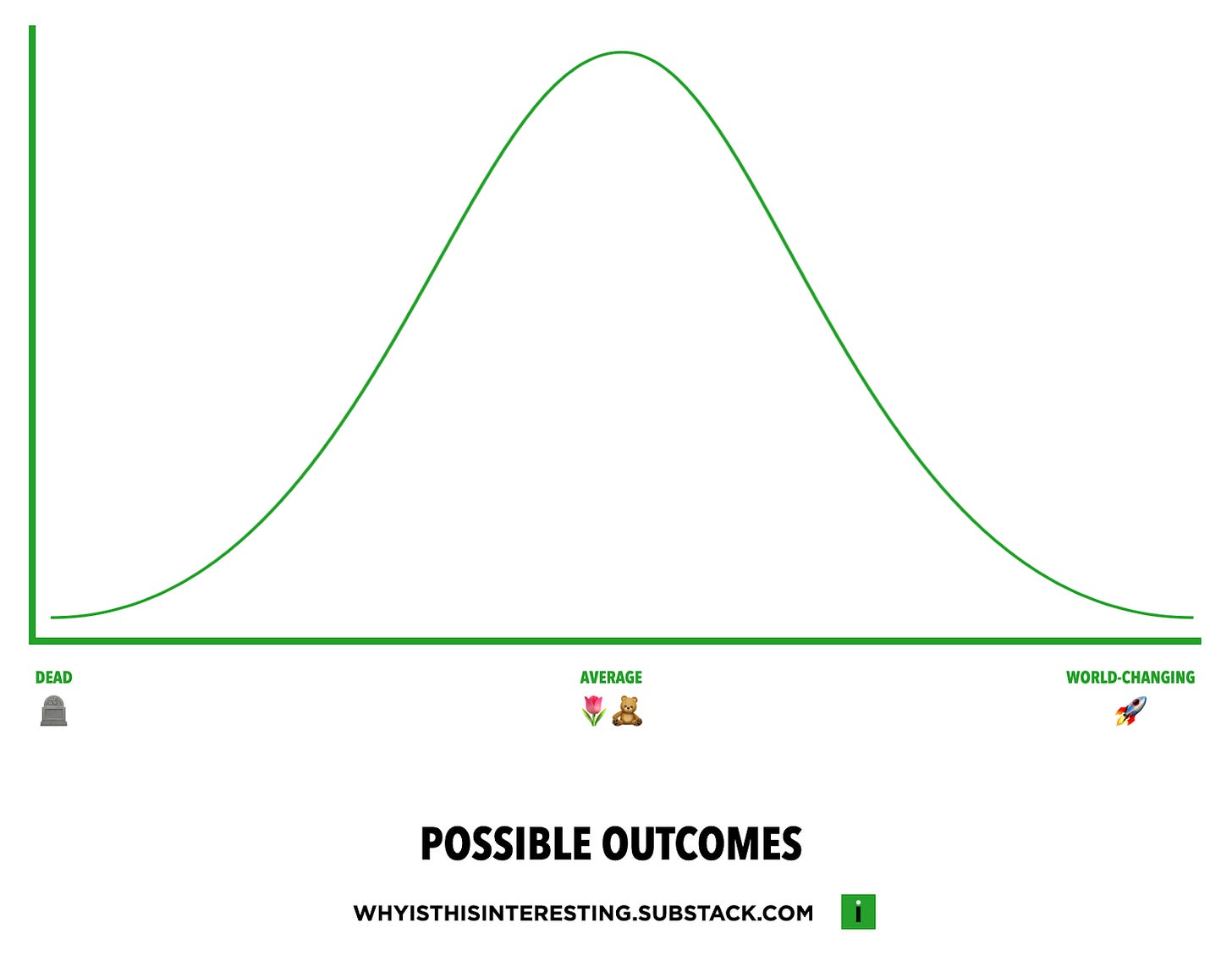Unknown Author | November 13, 2025
The Historical Humility Edition
On whether we actually live in unprecedented times.
Enterprise customization at startup prices. Finally.
Aboard builds business software that adapts to your processes, not the other way around. AI prototypes in minutes, expert engineers deliver in weeks. Custom CRMs, inventory systems, project trackers—without the enterprise bloat or timeline.
Noah here. Back in 2022, I wrote about the physicist Richard Gott and the Copernican Principle:
Also known as the Lindy Effect, the basic idea is that if you want to predict how long a company, product, or building will be around the quickest calculation would be to say it will be around for however long it has already existed. So if a company is ten years old, it will likely make it to twenty or if you’re looking at a two-hundred-year-old building, it will likely stand for another two centuries.
It was called the Copernican principle because, just as we aren’t special observers of the universe, we most likely aren’t special observers of history. However special our planet, species, or moment may feel to us, from the perspective of the universe, we are just another floating rock.
Why is this interesting?
The most common word in news coverage and conversations these days seems to be unprecedented. Whether it’s technology, culture, or politics, everyone is sure that this moment is different than all that came before it. And maybe it is, but, according to Gott, and history, and math, it’s almost definitely not.
That’s not to say I would argue against the idea that things are moving faster than they ever have—I think that’s unequivocally true. My point is that at every moment of great change, of which there have been many, things were moving faster than at any point in history.
To this point, I would venture to say that my most-shared article over the last fifteen years is Adam Gopnik’s 2010 survey of books about the internet in The New Yorker. He breaks the themes of those books down into three categories: Never-Betters (utopians), Better-Nevers (dystopians), and Ever-Wasers (topians?). The latter believe “that at any moment in modernity something like this is going on, and that a new way of organizing data and connecting users is always thrilling to some and chilling to others–that something like this is going on is exactly what makes it a modern moment.”
In the end, my takeaway from all this is that we should all have a bit more humility. While things can certainly feel like an overwhelming swirl of culture, technology, and politics, that doesn’t make us special or this moment fundamentally unique. The story of history is the story of moments like these, and the onus for “this time is different” is always on the one making that claim. Spending a moment surveying that history may turn up some incredibly helpful precedent to understand and navigate our moment. I, for one, have found myself recommending people revisit the 1976 film Network.
But then again, I’m an ever-waser. (NB)

